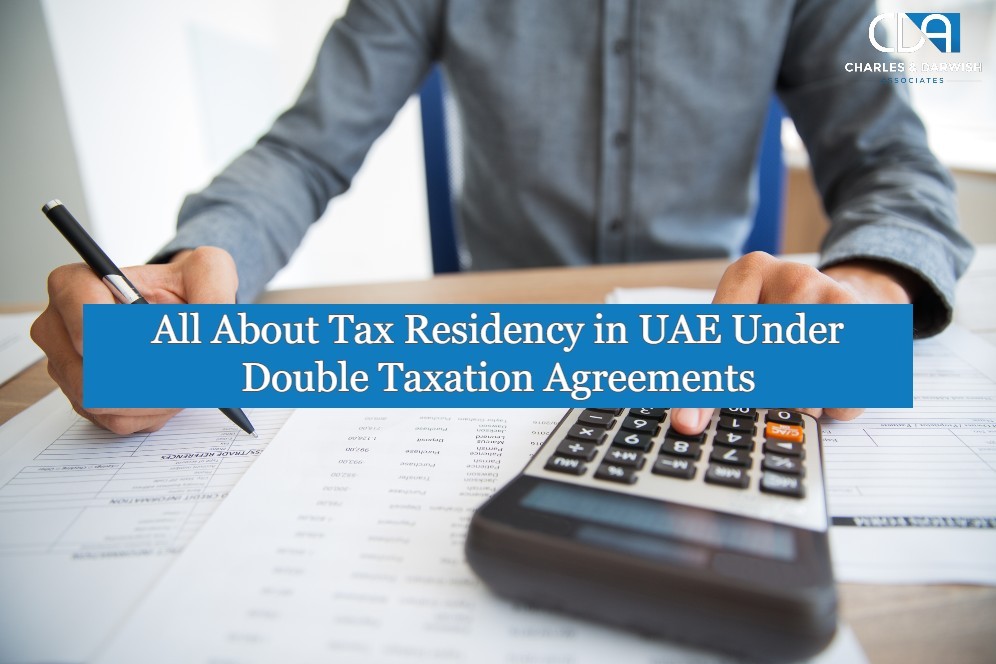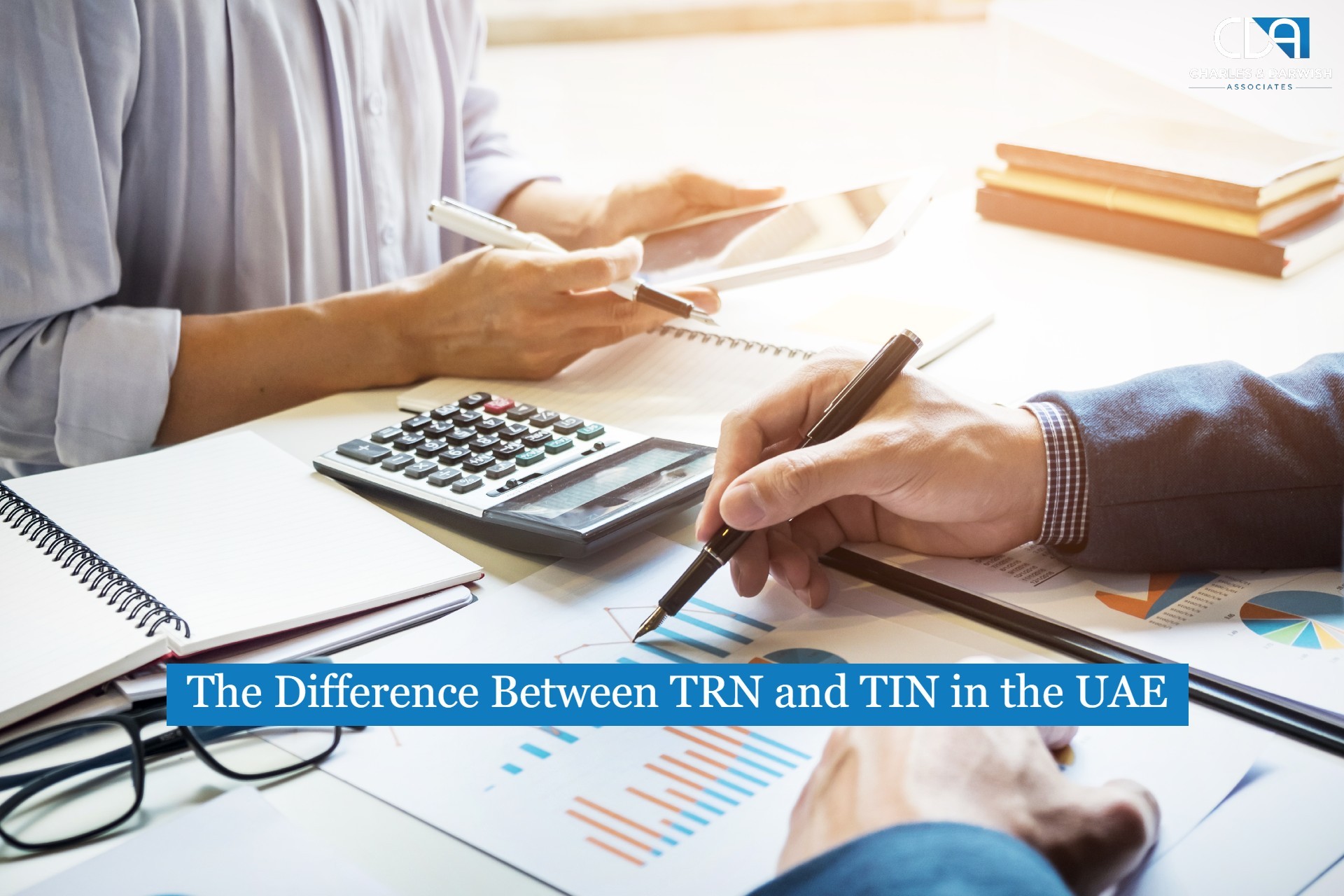All About Tax Residency in UAE Under Double Taxation Agreements
As usual, the UAE has been making all the required amendments and adopting all the required measures to make itself a global hub for businesses from around the world. With the motive of boosting the cross-border businesses and strengthening the bond with the other nations, the UAE has entered into Double Taxation Avoidance Agreements with more than 100 countries. This move has made the UAE again a best location for businesses, thereby avoiding double taxation and any tax evasion.
The businesses may find it difficult to understand the regulations, which, when not complied with, might lead to penalties and fines; hence, in this blog, you will get to know all about the tax residency under the DTA.
What is Meant by DTA?
DTAs are the agreements between two countries based on which double taxation is avoided. Double taxation means charging the tax on the same income twice in different jurisdictions; hence, under the agreement, the two countries have their rights and obligations clearly stated, which would enable the businesses of such countries to be prevented from paying double taxes on the same income.
All About UAE Tax Residency Under DTA
In order to ascertain the UAE tax residency under the DTA, there are certain criteria that are to be met, certain factors to be considered, and some tests that are to be conducted. These would include the following:
Criteria
There are certain criteria under the DTA which would include the following for the tax residency identification:
- Domicile: These criteria include whether the entity has any permanent home in the UAE or whether the entity is a UAE national.
- Physical presence: These criteria would include the number of days spent by the entity in the UAE. Spending more than 183 days in a year in the UAE or being present for 90 days or more in both the current year and the previous year in UAE.
- Centre of any vital interests: These criteria would include the personal or economic interest of the entity in the UAE. If there are any family or any social connections, any business interests, any financial assets, or any professional or occupational ties.
- Habitual stay or residence: This would include any regular stays in the UAE or maintenance of any residence or any kind of accommodations in the UAE or any business or economic activities.
Factors to be Considered in Determining the Tax Residency Under DTA in UAE
There are certain factors that are to be considered while ascertaining the tax residency in the UAE under the DTA, which include the following:
- Period of stay in UAE: The duration of the stay by the entity in the UAE is one of the major factors that is to be considered when determining the tax residency.
- Type of visa possessed: The entity must have a valid visa along with the permission to stay in order to ascertain the residency status.
- Properties or assets owned by the entity: In order to ascertain the tax residency in UAE, the factor such as the properties and assets owned by the entity would be crucial as it can provide a clear idea of the intention of the entity, whether it is to stay in UAE or not.
- Business operations and other activities: The other major factor that is to be considered is any business operations or activities that are carried out by the entity. If there are any significant operations, then it is highly likely that the entity would be a tax resident.
- Connections with family or social ties: It is yet another factor that is to be considered whereby the tax residency could be ascertained based on the family connections of the entity in UAE and its approach towards them.
You can also read: What Is Double Taxation Avoidance Agreement (DTAA)?
Tax Residency Tests
There are certain tests that are conducted to enhance the process of identifying the residency. These include the following:
- Tiebreaker tests: Where there are scenarios when an entity is a tax resident of both the UAE and any other country, in such circumstances the tiebreaker test is conducted. The factors such as the permanent home, centre of vital interests, nationality, or habitual residence are considered under this test.
- Residency tests for companies and individuals: This test for establishing the residency status is conducted based on the UAE’s tax residency criteria for both the individuals and companies.
The following are the major details that are to be considered by the businesses and individuals under the DTA in order to ascertain the tax residency in UAE.
How can CDA Provide its Assistance?
CDA has been providing the best tax consultancy services for its clients for more than a decade. The team of tax experts has provided the best advice to its clientele, thereby ensuring their compliance with the regulations. Our team will assist your business to stay compliant and to ascertain the tax residency in the UAE without any hassle. The experts will be at your side all the time.
To know more about our tax consultancy services, connect with our team now!

Mitesh Maithia
Tax Manager
Mitesh is a Tax Professional with expertise in direct, indirect, and international taxation, including transfer pricing, since 2018. Passionate about making complex tax matters simple, he shares insights to help businesses stay compliant and forward-looking.













